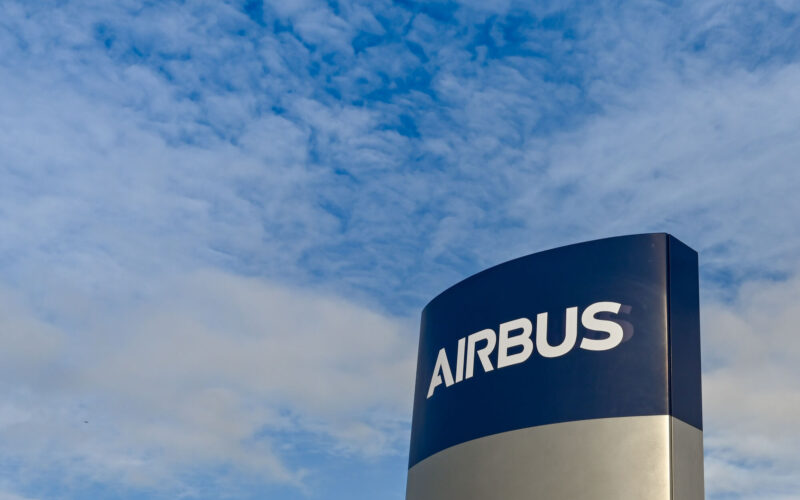Airbus predicts the Asia-Pacific region will need more than 17,600 new aircraft by 2040, driven by retirement of older aircraft and freight growth.
Traffic in the region will return to 2019 levels by between 2023 and 2025, Airbus said.
The European manufacturer made the predictions on February 14, 2022, one day before the official start of the Singapore Airshow.
Airbus said it predicts passenger traffic growth of 5.3% per year for the Asia-Pacific region, with China, India and emerging economies such as Vietnam and Indonesia set to be the main growth drivers.
“We are seeing a global recovery in air traffic and as travel restrictions are further eased the Asia-Pacific region will become one of its main drivers again,” commented Christian Scherer, Chief Commercial Officer and Head of Airbus International, in a statement.
“We are confident of a strong rebound in the region’s traffic and expect it to reach 2019 levels between 2023 and 2025.”
Of the 17,620 aircraft that Airbus predicts that Asia-Pacific will need by 2040, 30% will replace older, less fuel-efficient models. Scherer noted Airbus’s newer generation aircraft burn 20-25% less fuel than older ones. He added that all its aircraft are also certified to fly with a 50% blend of sustainable aviation fuel and said this was due to rise to 100% by 2030.
Of the predicted demand for 17,620 aircraft in the region, 13,600 are in the Small category, covering the A320 and A220 families, with 2,470 in the Medium and 1,490 in the Large category.
In terms of freight, Airbus predicts that air cargo in the region will double by 2040. It expects growth of 3.6% per year, above the global average for 3.1%.
Reflecting that growth, Airbus predicts a need for 2,440 freighters, of which 880 will be new-build aircraft.
According to a report by Reuters, Scherer commented at the airshow that more orders for the cargo variant of the A350 were on the way but declined to provide a timeframe.
Amid the global boom in air cargo demand, Airbus and Boeing are hoping to win orders for new freighter variants of their A350 and 777X aircraft.

